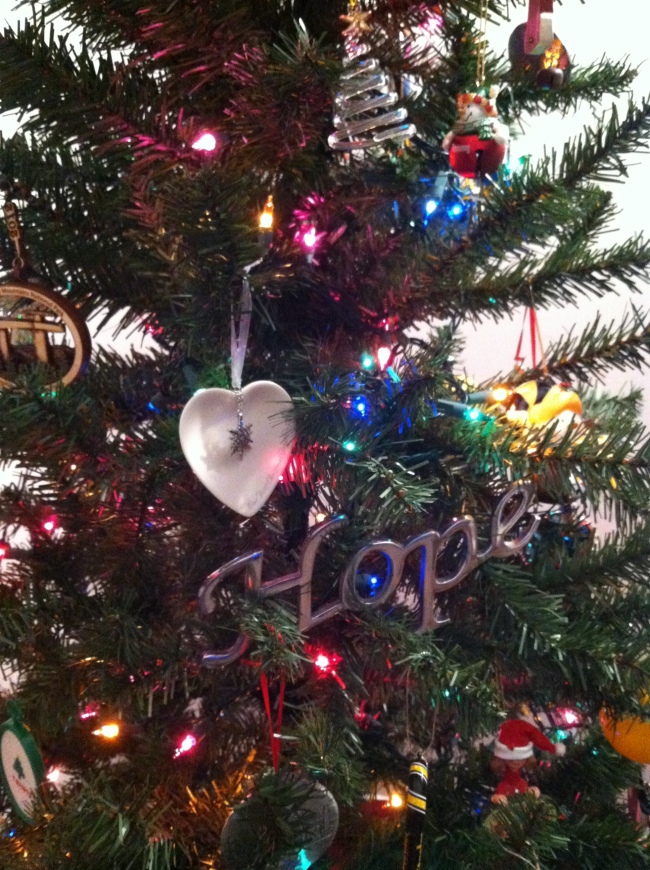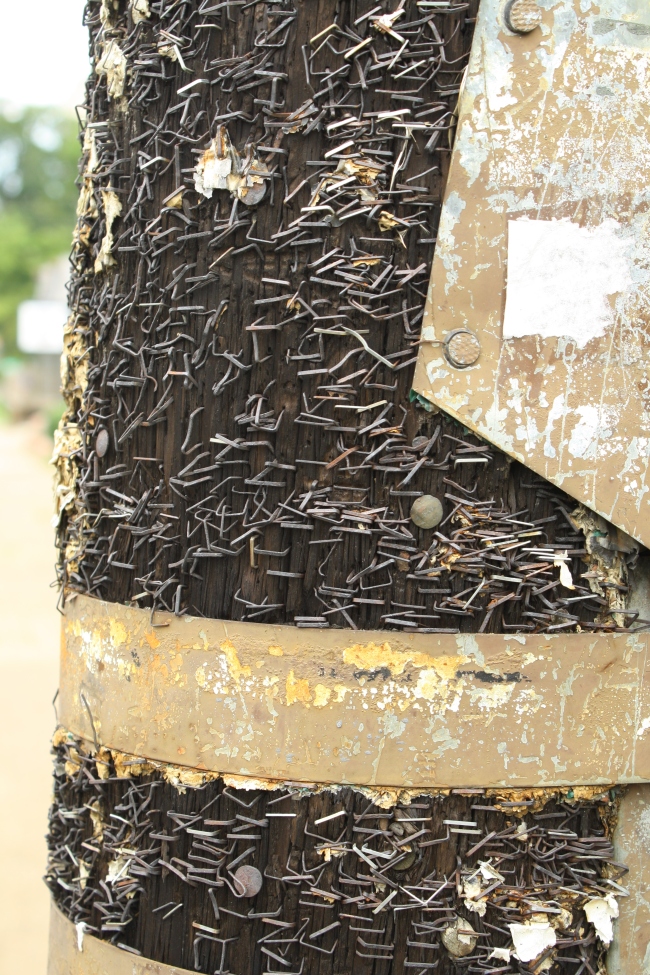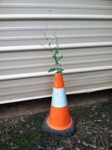So after that pretty preachy blog post about rest, I have a confession to make.
It’s hard for me to rest. Am I alone in that one? I thought about deleting the post, honestly, but then I realized that the information is still true.
Oh, I can diagnose the problem pretty easily.
But why? Because by the end of the week, we can feel beaten up, tired, and exhausted. No matter how we’ve spent the week, it’s been a full week of activity and action and doing
Rest is HARD. I think we can rest our bodies easier than we can rest our minds. Even when we feel like we’re resting, our brains can be going a mile a minute. We chase down rabbit trails in our heads until we’re exhausted.
Rest is QUIET. If I rest, where will my mind go? It’s easier to fill space with music, noise, activity, Candy Crush, or sports than to let our minds go to the memories, the worries, and the “tapes” that can seem to play on a loop in our minds. But filling the void quiet provides isn’t the same as replacing those thoughts with thoughts that are healthier and truer.
Rest is TRUST. That might be the hardest piece of all. If I don’t spend this hour I have free doing the dishes/laundry/shopping/scheduling/reading/catching up on missed work/trying to prove myself, how will it get done? If I don’t plan for every possible outcome, how can I trust that it will be okay?
Rest says, “I know I’m not enough. But I trust the One who is.”
Rest says, “I know I don’t have the answers, but I know the One who does. I don’t have to have all of this figured out. I don’t have to be ready for every possible outcome.”
Our culture/churches/workforce can tell us that we’re too busy for rest or that admitting we’re taking time for rest is a sign of weakness. But without intentionally resting, we really aren’t all that much further ahead than when we started. We’re tired. Weary. Love, joy, peace, patience, and kindness are replaced by Distrust, grumpiness, worry, hurry, and resentment.
So today I took time to stop. To rest. For me, it was setting aside my “should do” list and making coffee and spending some time journaling without any expectation of what I had to get done or had to accomplish. What does setting aside time for rest look like for you? How do you intentionally create space in your life for rest?
(Here are some books that might be helpful if you’re looking to read more: Nothing to Prove by Jennie Allen and Present Over Perfect by Shauna Niequist)


